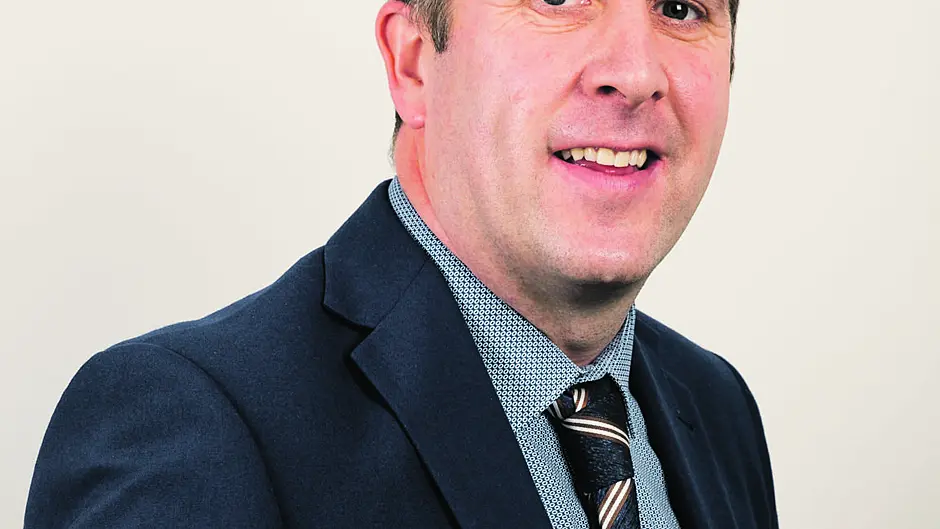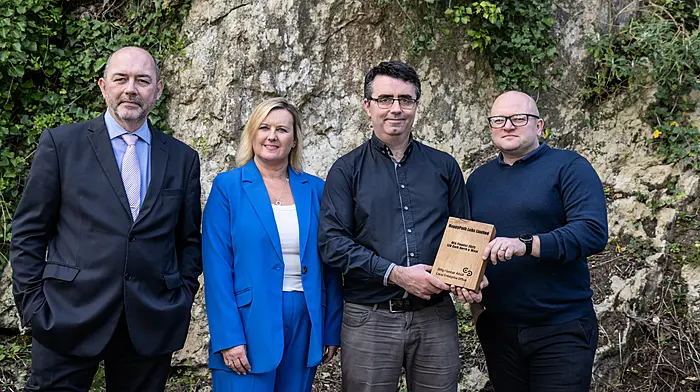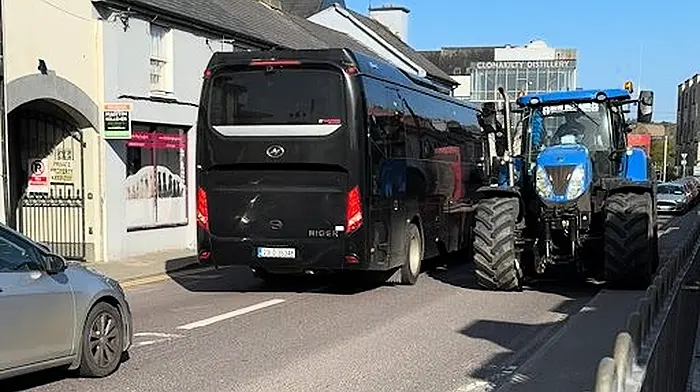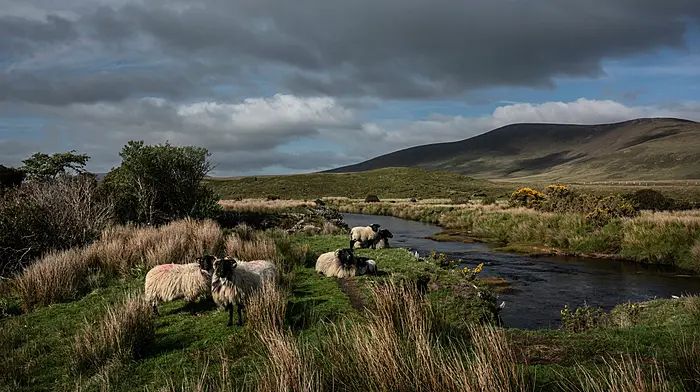THE UK is now officially out of the European Union and while there is the outline of ‘a deal’ between Downing Street and Brussels, just how confident are West Cork businesses that the Brexit they need is going to be the Brexit they will get come January 1st 2021?
For the Carbery Group, one of West Cork’s biggest employers, with over 50% of their business in the UK, preparing for the future is all about covering as many eventualities as possible.
Carbery chief executive Jason Hawkins said: ‘Through our partnership with Ornua, Carbery exports approximately 60% of our cheese into the UK. The UK market and our customers there have always been an important part of our business and it is of vital importance to us that free trade, with minimal bureaucracy, continues post-Brexit.
‘We have been working diligently to prepare for all eventualities and potential trade deal outcomes throughout the Brexit negotiations,’ Mr Hawkins said.
‘We are well positioned to continue supply to our customers in the UK market, under all scenarios. We have also made the decision to invest in a new manufacturing facility, which will broaden our cheese portfolio, such that we can target new customers and countries outside of the UK. This €78m investment will enable us to diversify our business globally.’
While companies dealing with customers in the UK are still awaiting the outcome of detailed negotiations, for many businesses in West Cork using the UK as a land bridge with their customers and suppliers across the EU, the logistics and transport of raw materials and finished products is a major concern.
Joe Keane, head of operations at pharmaceutical firm Rowa, Bantry says: ‘Given that we are a German company with a lot of our raw materials and some products coming from Germany, the biggest concern for us is that we use the UK as a land bridge and Brexit will lead to significant delays.
‘This has been looked at by our various transport companies and while shipping from other EU countries like France is an option, this will lead to additional costs and potential delays. We are also concerned about the capacity other routes can provide and will products with a short shelf life get priority (like milk, meat and fish) over pharma products and raw materials, which would generally have a longer shelf life.’
However, while delays and extra costs may be inevitable, there is also the need to increase available products and supply for customers.
‘With regard to medicines, we have increased our stock holding across our entire range of 300 individual products, which is leading to increased storage cost and inventory costs,’ Joe explained.
‘It is also creating some constraints as a lot of companies are doing the same thing, leaving the ability to get adequate storage space a challenge. Given that we have increased our stock holding we are, even at this stage, making some gains with the sale of medicines on the Irish market because of supply difficulties with other companies.’
For Alan Kingston at dairy producer Glenilen Farm outside Drimoleague, it is the extreme vagueness of the business landscape for his company that he is worried about.
‘The current Brexit status means continued uncertainty given that we are facing another deadline. One would hope the short timeline means more alignment, but given the recent comments of the (former) chancellor Sajid Javid, it seems they are not going to entertain EU rules, so who knows what’s around the corner?’
He added: ‘Time will tell the outcome and we hope for a positive relationship going forward. The UK has had a huge dependence on Irish food, in particular, and it’s hard to see that changing. It’s our natural trading partner and it would take a lot of effort to break the relationship – from both sides. There might be a rocky period ahead but essentially I think the trading relationship will remain.’
However, for one global West Cork company, Brexit has created an opportunity to provide their customers with even more flexibility.
Jason Williamson at aviation firm Six West, based in Skibbereen, explains: ‘We paused our own growth into the UK last year while the outcome of Brexit was uncertain. Now that we do have some clearer direction, we are looking forward to opening an office in the UK later this year to enhance our offerings to our clients to bridge the UK-EU business gap that will evolve in the aviation industry and seize the opportunities we see that will arise from the Brexit event for our sector.
‘The uncertainty many businesses are challenged with doesn’t impact us as much, but we see opportunity to use the event as a vehicle of growth for our own operations.’
Tourism must look beyond UK
THE tourism industry in West Cork is looking at some uncertain times ahead as Brexit negotiations continue.
However, as the 2021 deadline draws ever closer, Neil Grant of the Irish Hotels Federation says he is optimistic rather than concerned for the future. ‘There has to be some concern and not just within the tourism sector,’ said Mr Grant, who is also general manager of the Celtic Ross in Rosscarbery.
‘The biggest obstacle facing the tourism sector, especially in West Cork, has been the unknown created by the lack of a certainty before the UK’s exit last January,’ he added.
Mr Grant has witnessed first-hand how this uncertainty, coupled with the exchange rate, has discouraged UK visitors from travelling to West Cork for their holidays.
‘West Cork and UK tourism has always been closely linked. But since the vote in 2016, the number of visitors from the UK has all but collapsed – and it has not bounced back,’ he said. ‘The exchange rate has had a major impact, and while some UK visitors are coming, they are spending less, and not staying as long as they used to.’
He says the sector is also working hard to diversify, with help from Fáilte Ireland, and is concentrating on developing new markets. ‘This is what we all have to do, not just the tourism sector,’ he said.
‘We are looking more at international markets, such as the US and European countries like Holland, for example – areas where our visitor numbers are increasing. But we must also look at offering more for the home market. Though I am more optimistic than I was six months ago.’
He says the sector has had to put in a lot of hard work. ‘There has never been so much collaboration between businesses in the tourism sector in West Cork and with this, I can see a positive future ahead. We will continue to prepare for the worst and plan for the best.’








